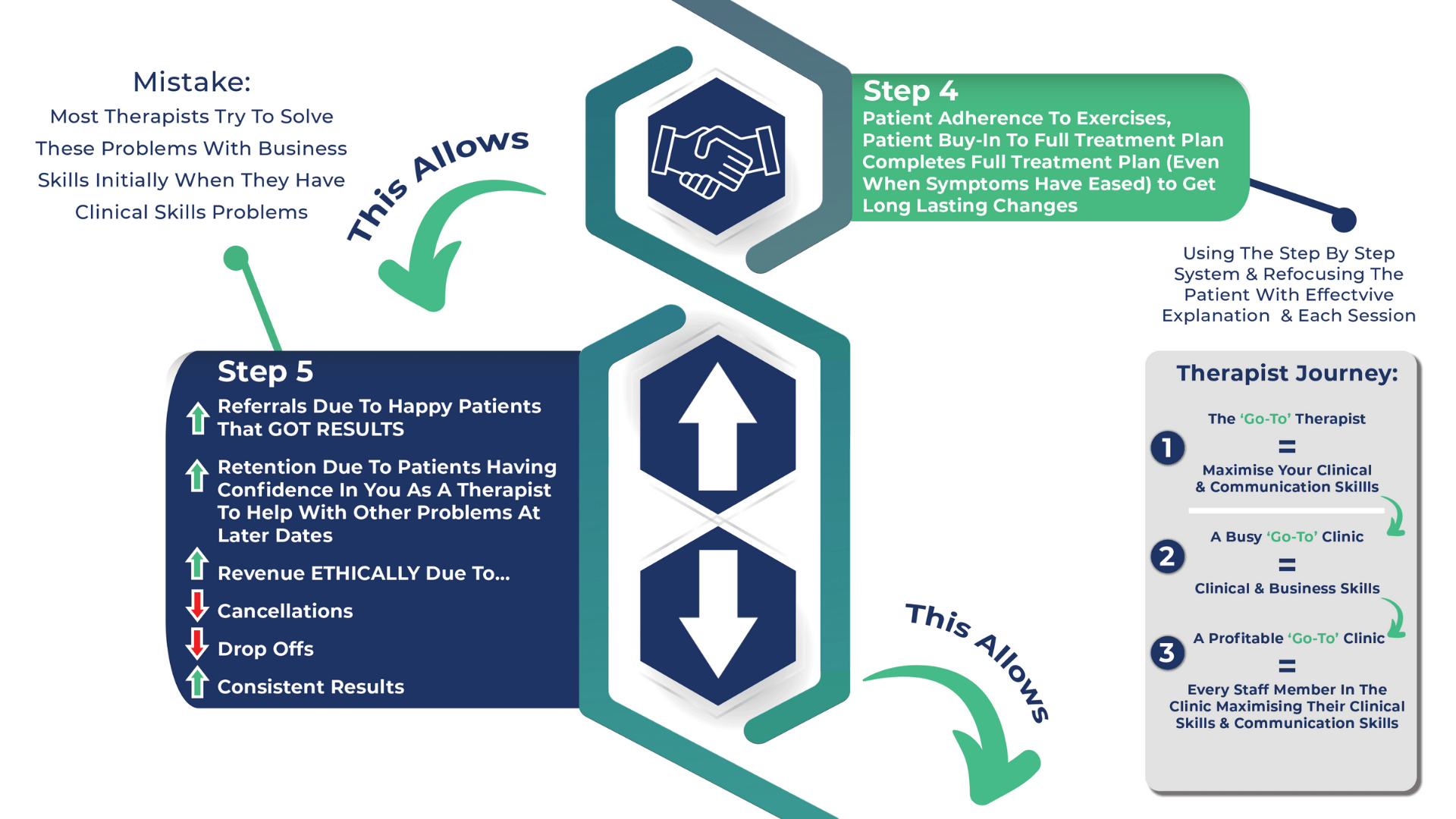Private Practice Therapy Business Plan Template

Starting a private practice therapy business can be a challenging but rewarding experience. It requires careful planning, research, and execution to ensure success. A business plan is an essential tool for any entrepreneur looking to start a private practice therapy business. A well-crafted business plan can help you identify your target market, develop a marketing strategy, and secure funding. In this article, we will discuss the key elements of a private practice therapy business plan template.
Executive Summary
The executive summary is the first section of your business plan and should provide an overview of your private practice therapy business. It should include a brief description of your business, the services you offer, your target market, and your financial projections. The executive summary should be concise and compelling, as it is often the first thing that potential investors or lenders will read.
Market Analysis
The market analysis section of your business plan should provide an in-depth analysis of your target market. It should include information on the size of the market, the demographics of your target audience, and any trends or changes in the market that could impact your business. You should also include information on your competitors, including their strengths and weaknesses, and how you plan to differentiate yourself from them.
Marketing Strategy
The marketing strategy section of your business plan should outline how you plan to promote and grow your private practice therapy business. It should include information on your pricing strategy, advertising and promotional activities, and any partnerships or collaborations you have established. You should also include information on how you plan to measure the success of your marketing efforts.
Services and Operations
The services and operations section of your business plan should provide a detailed description of the services you offer and how you plan to deliver them. It should include information on the qualifications and experience of your staff, the equipment and technology you will use, and any partnerships or collaborations you have established. You should also include information on your pricing strategy and any policies or procedures you have in place to ensure the quality of your services.
Financial Projections
The financial projections section of your business plan should provide an overview of your expected revenue and expenses over the next three to five years. It should include information on your startup costs, operating expenses, and projected revenue. You should also include information on any funding you have secured or plan to secure, as well as any assumptions you have made in developing your financial projections.
Conclusion
In conclusion, a private practice therapy business plan is an essential tool for any entrepreneur looking to start a successful business. It provides a roadmap for your business and helps you identify your target market, develop a marketing strategy, and secure funding. By following the template outlined in this article, you can create a comprehensive and effective business plan that will help you achieve your goals and succeed in the competitive world of private practice therapy.



